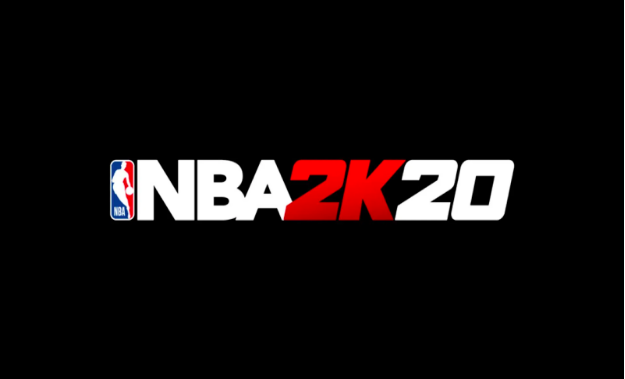by Zoe Romano

Graphic by Nooneh Gyurjyan
Recently, tensions between Iran and the U.S. rose after President Donald Trump ordered an airstrike which killed Iran’s top military commander; Qassem Soleimani. This action was claimed to be an attempt to “stop a war.”
Due to the killing of Soleimani, Iranian supreme leader Ayatollah Ali Khamenei fired missiles on U.S. troops stationed in Iraq with no fatalities.
Iran admitted to “accidentally” shooting down a Ukrainian passenger jet in fear that it belonged to the U.S.The exchange of threats between the U.S. and Iran have caused many Americans to fear a potential WWIII.
In an article from CNN, “Selective Service System website crashes amid questions and fears of another US military draft”, U.S. Selective Service officials, those responsible for any drafting, said. “So many people have accessed the website that it crashed.”
Before we jump to conclusions, it is important to discuss why WWIII is a little far fetched or extreme.
The U.S. is the world’s most powerful country, meaning that any country that would take part in the war would need to have a stronger or equivalent military power to stand a chance, which Iran does not have as seen with the jetliner being mistakenly missled by Iran.
It is also important to note that the U.S. has had problems with Iran before, all of which were cyberattacks having no long lasting impacts on the U.S. except for usage of money needed to rebuild dams and oil companies.
Even with Iran’s most successful cyberattack called the Shamoon Attack on the world’s largest oil company, Saudi Aramco, it had “ limited impact” on global oil prices and supply as noted by Wall Street Journal,Dustin Volz and Gordon Lubold in their article “U.S. on Alert for Iranian Response, Either Direct Assaults or Cyberattacks.”
According to the New York Times’ reported by Jacquelyn Schneider in her article “It’s Time to Calibrate Fears of a Cyberwar With Iran”, “Very few cyberattacks could cause any immediate physical harm to a large portion of people in the U.S.”
Therefore, having a cyberattack with Iran poses no serious threat to the U.S.
The outbreak of war between Iran has been completely blown out of proportion with memes and gifs about WWIII.
As tweets continued escalating on Twitter, war with Iran has been treated not only as a joke, but has spread false rumors.
“I have been scrolling through my social media and have realized that people don’t take anything seriously anymore,” Keoni Proctor (’21) said, “The memes have made war as a joke not as a serious matter.”
Some may argue that the jokes about war serve as a coping mechanism because it has been approximately 70 years since a world-wide war has happened. This may be true for some, but for others they serve as a chance to go viral on social media.
The idea of war being entertainment is as terrifying as any war would be devastating. But memes are seen more as a generational thing as opposed to a staple source of entertainment. Therefore, memes may be seen as controversial towards the general public, but to the newest generation of Americans, it is seen as entertainment.
Despite the false rumors being spread via memes, “Iran has appeared to be standing down,” President Trump said in a statement.
As Iran seems to not show any threatening actions toward the U.S., it’s fair to say that any potential war with Iran is out of the question. WWIII speculations have been debunked as Iran serves no potential threat to the United States.












